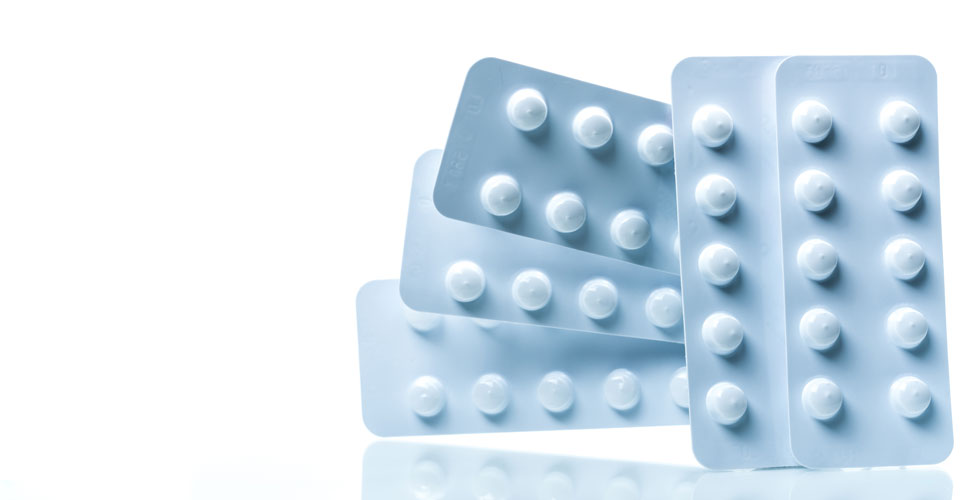The anti-inflammatory drug colchicine could potentially attenuate the inflammatory response and hence improve survival in those hospitalised with COVID-19.
Patients infected with COVID-19 have been shown to have elevated levels of systemic inflammatory markers such as C-reactive protein (CRP), interleukin-6 (IL-6) and other cytokines. Furthermore, other data has revealed how activation of certain protein platforms (inflammasomes) and in particular, the nucleotide binding domain-like pyrin domain 3 (NLRP3) inflammasome, is strongly associated with disease severity. The anti-inflammatory gout drug, colchicine, is both inexpensive and readily available, but more importantly, known to inhibit the NLRP3 inflammasome. Therefore, the drug might be of value in the treatment of patients hospitalised with COVID-19. The randomised evaluation of COVID-19 therapy (RECOVERY) trial aims to evaluate a number of therapeutic options for the management of hospitalised patients infected with COVID-19. The RECOVERY group have investigated several different treatments and recently examined the use of colchicine. For the present trial, patients were randomised on a 1:1 basis to usual care or usual care plus colchicine at a dose of 1mg after randomisation, followed by 500mcg 12 hours later and then 500mcg twice daily (orally or via nasogastric tube) for 10 days or until discharged from hospital. However, although patients were randomised, this was an open label trial, hence both treating clinicians and patients were not masked to treatment allocation although the study steering group and investigated were masked to outcome data during the trial. The primary outcome was all-cause mortality and assessed at 28 days post-randomisation. Secondary outcomes included time to hospital discharge and the need for invasive mechanical ventilation.
Findings
A total of 5610 patients with a mean age of 63.4 years (31% female) and of predominately (77%) white ethnicity, were randomised to colchicine and 5730 to usual care. The median duration of treatment with colchicine was 6 days and use of all other treatments was similar between the two groups. The proportion of patients allocated to colchicine who achieved the primary outcome was not different to placebo (21%) and the median time to hospital discharge was 10 days and again, similar between the two groups. Moreover, an equal number of patients progressed to invasive mechanical ventilation (70%).
The authors commented on how the use of colchicine had no impact on mortality, duration of hospitalisation or the need for mechanical ventilation. Additionally, this effect was evidence across all ages, ethnic groups and irrespective of symptom duration prior to randomisation. They also speculated that the anti-inflammatory properties of colchicine were either inadequate or did not sufficiently target the pathways induced by COVID-19 and concluded that the drug was of no benefit to those hospitalised with COVID-19.
Citation
RECOVERY Collaborative Group. Colchicine in patients admitted to hospital with COVID-19 (RECOVERY): a randomised, controlled, open-label, platform trial. MedRxiv 2021

